(9) items in your cart
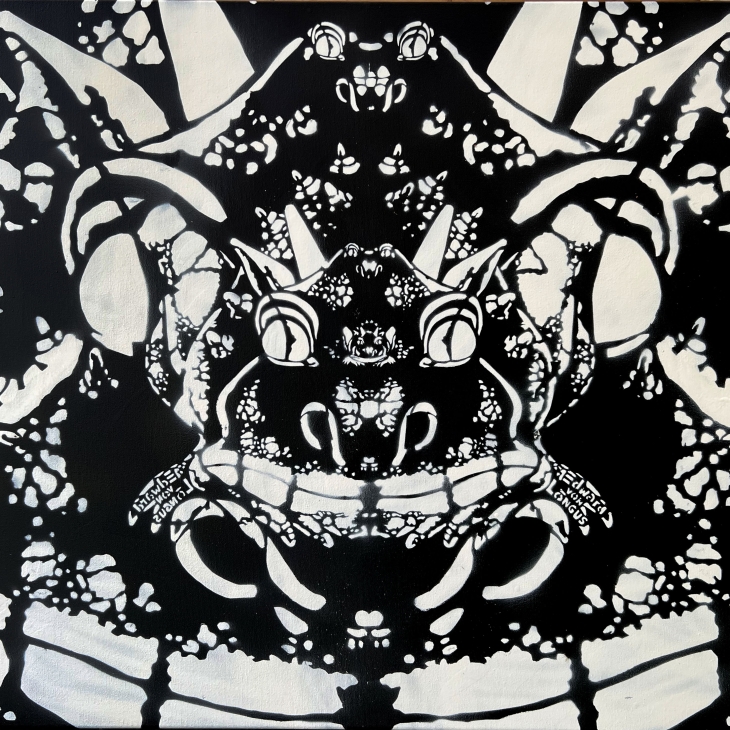
Price: €1650
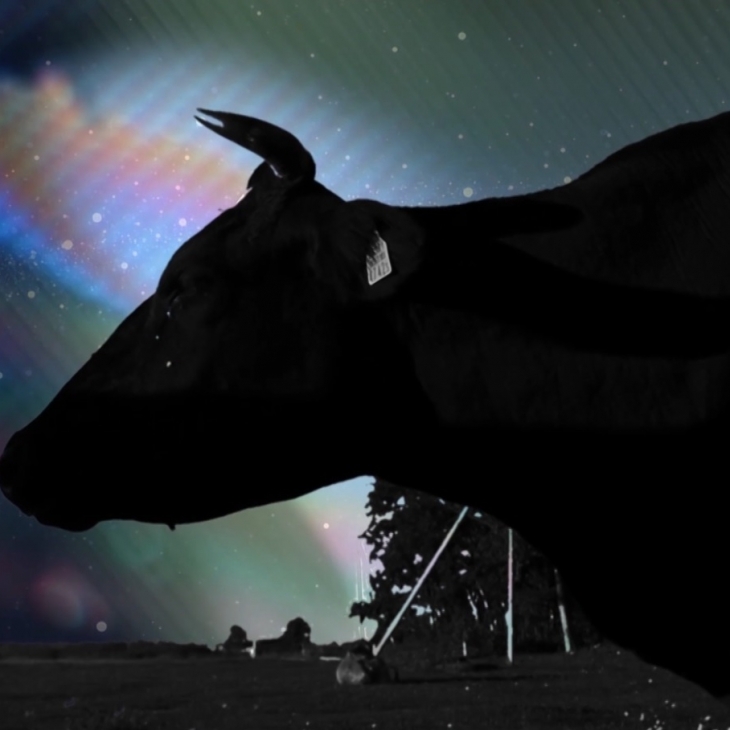
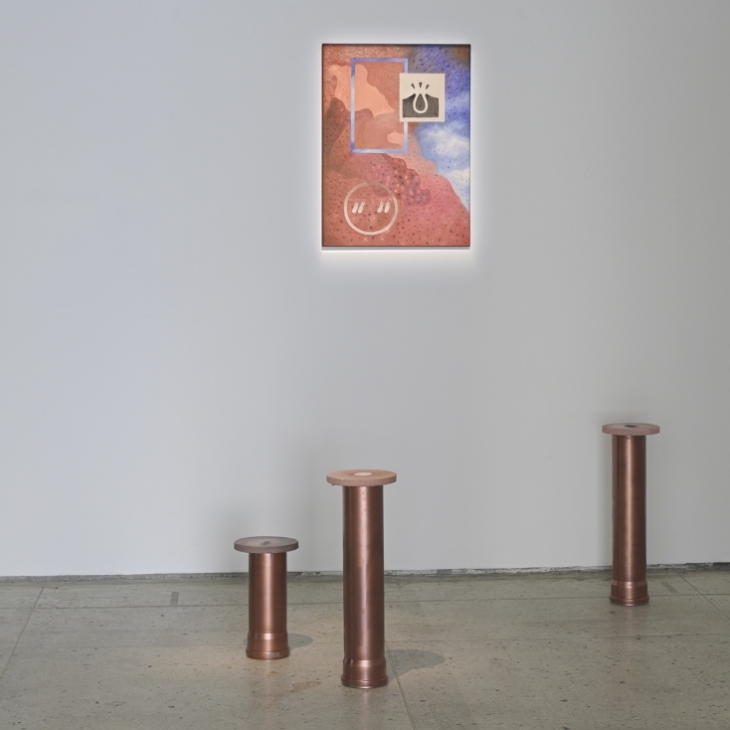
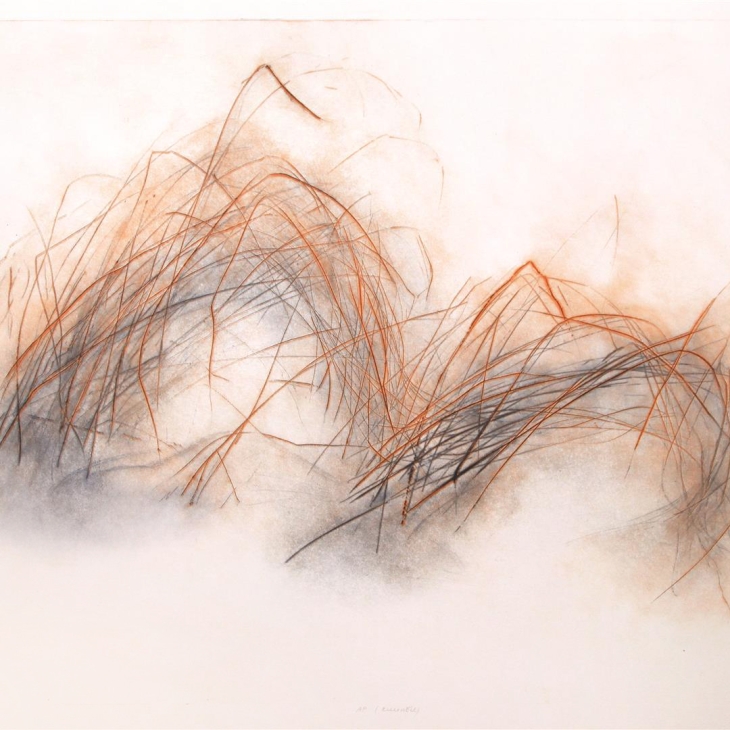
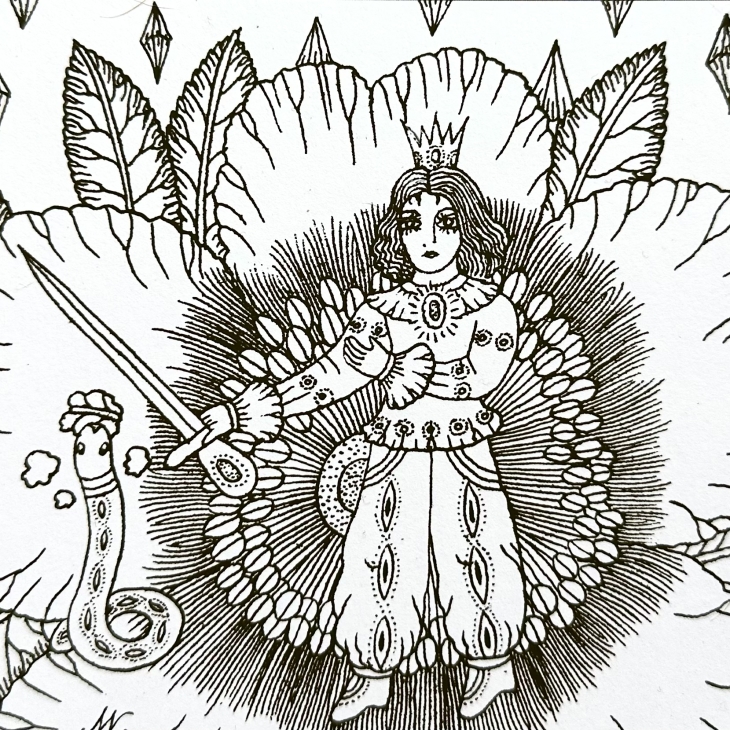
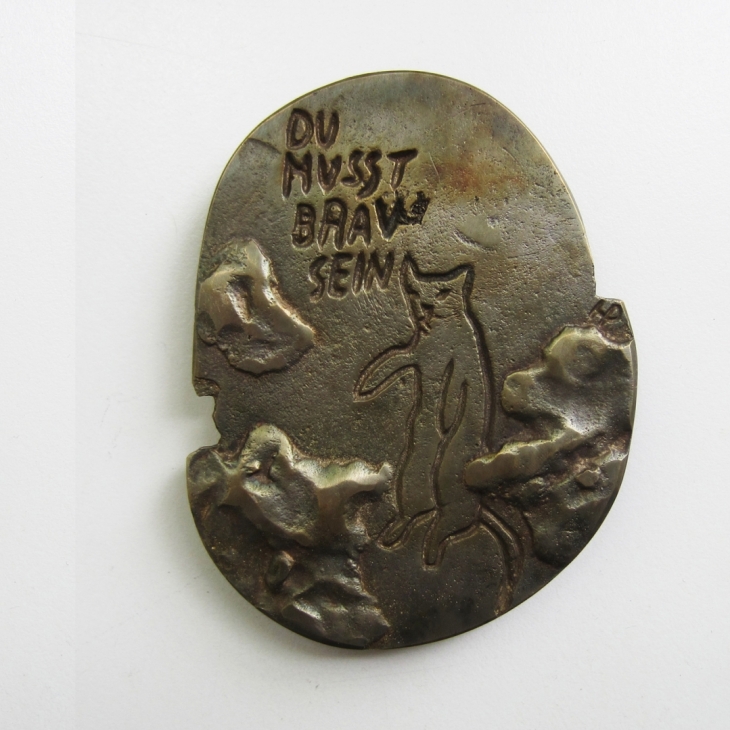

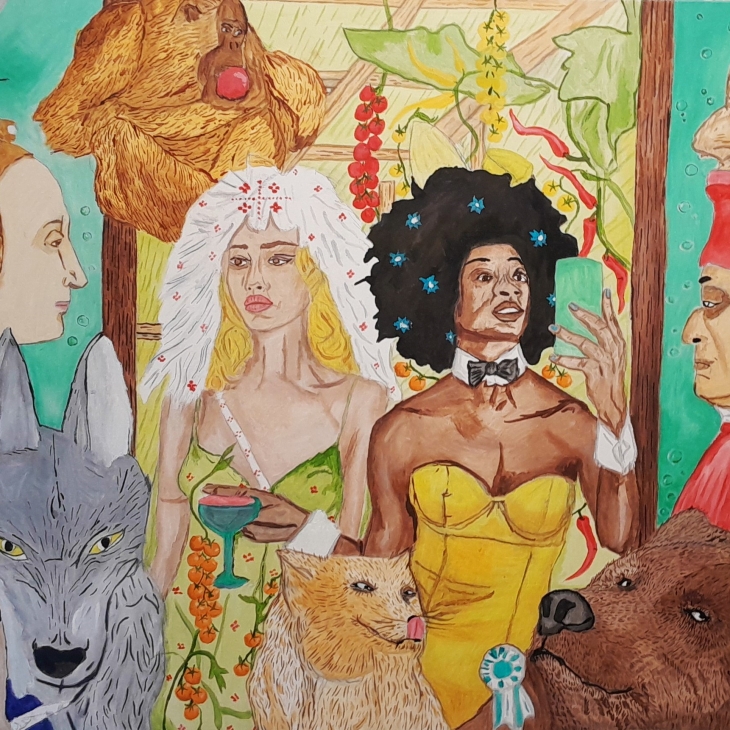
Travelling and moving to other countries is supposed to be on free choice. However, it has become an unfortunate necessity for many people nowadays. Our civilization has faced the issue of migration throughout history development; moreover, the subject of refugees took a special place in this process. Currently, this issue has become much more sensitive. Nowadays, more than ever, each one of us is a ‘citizen of the world’. Many people choose to study, travel, get acquainted with new traditions of other nations, move to another place and accumulate the cultural experience of other countries. More and more discussions emerged concerning cultural differences, the need for acceptance through involvement, participation and living as a form of empathy, and opportunities to expand one’s range of personality by exploring similarities and differences.

Photo from MuseumLV
The term ‘different’ has become a topic interest of conversation in every society, where, of course, opinions on this phenomenon are still divided. Undoubtedly, this is because culture is always the most vital identifier for both individuals and nations. This issue often creates a certain amount of public confusion and possibly a fear of something new, which is perceived as a threat to old foundations and generational traditions entrenched in the subconscious.
Dr. Siqi Chen has devoted several studies to the issue of refugee children. How do people adapt to life in an unfamiliar country, how does it affect the human psyche, and what kind of outside support is needed? These issues will be discussed during the exhibition.
This exhibition is an investigation of society taken from 3 generations’ perspectives. The authors’ representations claim that now we all need to visualize stories about people’s lives outside their homeland, stories of hope, mutual understanding, love for people, regardless of nationality. This project is about the courage to go further, about the desire to be on the move because the world is full of opportunities. We all need friendly advice and enthusiastic participation. Today, the experience of those who have chosen to live outside their homeland is becoming supportive for those who have left their land.
Giorgia Zhang/ Chang Zhang (2005) is talented in painting and filmmaking; she studies in a local school in Riga. Giorgia shares about living in a foreign country:” Many difficulties are dealt with, and I think sometimes I have to learn how to live with them. Living in a foreign country is a valuable experience. Throughout the years, I have learnt to stand up against things that I am not comfortable with.” Chang’s room illustrates her generation’s insight into the daily lives of the vulnerable population.
Dr. Siqi Chen (1990) is a researcher and architect who lives in Berlin. Siqi’s installations, videos and photos are rooted in extensive research about fugitive children in this exhibition. All recurring themes are the lives of fugitive children in host countries, their psychological consequences, the legacy of social conflicts, and its lasting effects on global capitalism. As a social researcher who works with humans in daily life, one of her tasks is to make things clear and understandable for everyone outside her work. So she often interlinks facts and individuals to reflect a diversity of social experiences for the minority groups.
Mary Zhang /Hongge Zhang (1967) was born in Beijing, China. However, she has chosen Riga for settling over the past few years. Mary is a Registered Urban Planner in the People’s Republic of China. Before coming to Latvia, she mainly worked in architecture and urban design for about 25 years. She also owns 20 years of experience in the traditional Chinese art field, working on representing traditional Chinese history, calligraphy, and antique patterns in combinations with new artistic techniques. Mary Zhang’s call is to understand the diversity between Eastern and Western cultures, help locals develop a good relationship with the Chinese people, and overcome the gap between the two nations. She thinks you have to be brave to live in a foreign country. She urges her not to be afraid of cultural differences and live up to her dreams, respecting and accepting the values of the country in which one is located, either because of one’s tendencies or circumstances.
Guest Maria (Yu Qian) will present a lecture about the traditional Chinese tea rituals.
Curator of the exhibition “On the move”: Laura Tuča
Galerii nimi: MuseumLV
Address: Andreja Pumpura iela 2, Central District, Riga, Latvia
Opening hours: Tue-Fri 11:00 - 19:00 Sat 11:00 - 17 :00
Open: 13.04.2022 — 14.05.2022
Address: Andreja Pumpura iela 2, Central District, Riga, Latvia
Opening hours: Tue-Fri 11:00 - 19:00 Sat 11:00 - 17 :00
Open: 13.04.2022 — 14.05.2022